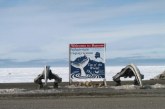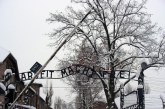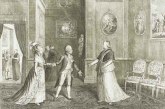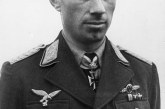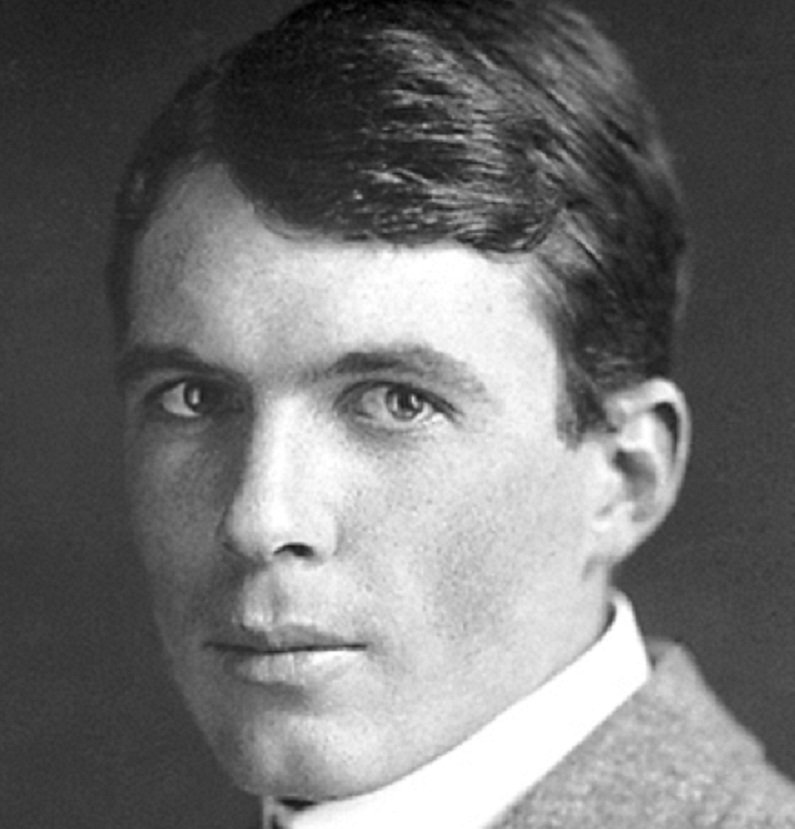
Story Highlights
- Historical event:
- 1 July 1971
- 25-year-old William Lawrence Bragg was the youngest Nobel Laureate in the field of science in history. He won the Nobel Prize for Physics in 1915. It is interesting that, throughout history, the Nobel Prize winners in Physics were on average the youngest.
On this day in 1971, William Lawrence Bragg, the youngest Nobel Prize winner in the field of science, died.
He was awarded the Nobel Prize in physics when he was only 25 years old, making him by far the youngest of all other winners in the field of science.
After Bragg, the youngest were Heisenberg, Dirac, Anderson, and Tsung-Dao Lee, who were all 31 years old and it is particularly interesting that they all also received the Nobel Prize for physics.
The oldest Nobel laureate was Leonid Hurwicz, who had already turned 90 when he received the Nobel Memorial Prize in Economic Sciences in 2007.
The highest percentage of Nobel Prize winners were aged 60-64 years at the time they were rewarded and only about 5.7% of winners were younger than 40 years of age.
It is interesting that, on average, the youngest recipients were the ones of the Nobel Prize in Physics (55 years) and the oldest in Economic Sciences (67 years). Indeed, to this date, not one Nobel Laureate for Economics was under the age of 51 years.
William L. Bragg was awarded the Nobel Prize for Physics in 1915, along with his father William Henry Bragg. They received the award for the analysis of crystal structure by means of X-rays.
Bragg’s father was also a physicist who worked in Australia at the time when his son was born. The family moved to England when the father got a teaching job at the University of Leeds.
Young Bragg entered Cambridge, and already at the age of about 24 started working there as a lecturer. He developed X-ray crystallography with his father, who was a professional colleague of his.

